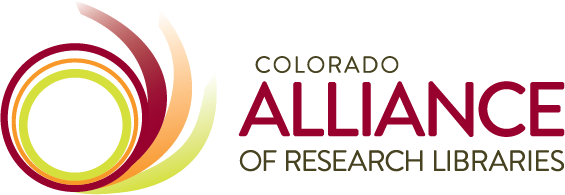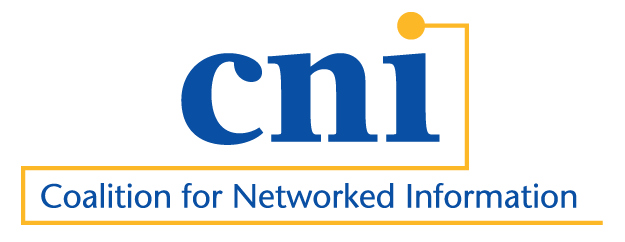The 17th International Conference on Open Repositories, OR2022, will be held in Denver, Colorado, USA from June 6th to June 9th, 2022.
The organizers are pleased to invite you to contribute to the program along this years theme:
Building Trust Together: Integrating, Collaborating & Sharing
How can we build networks of trust by integrating and collaborating? How do we collaboratively integrate user communities and new types and sources of data?
Invitation to participate:
OR2022 will provide an opportunity to explore and reflect on the ways repositories enable trust, integration, collaboration and sharing. It will give participants new insights and inspiration, which will play a key role in developing, supporting and sharing an open agenda and open tools for research and scholarship.
We particularly welcome proposals on the overall theme of “Building Trust Together”, and also on other administrative, organizational or practical topics related to digital repositories. We are interested in the following sub-themes:
- Integrating repositories and other platforms: Institutional & Domain repositories, PID services, CRIS, Digipres, Scholarly workflow, funder services, etc.
- Integrating content: novel or complex formats, data types & sources: Citizen Science data, gatekeeping and trust for uncurated data, Open Government Data, Wikimedia and web data, emerging formats, mediation and ownership of augmented data, etc.
- Collaborations & Communities: Repository networks, registries, federated services, integrating new user communities and bridging diverse user communities, Cultural Heritage data and Research data, sharing and co-creation and supporting non-academic use, financial/cultural and language barriers, supporting local communities and local knowledge, etc.
- Trust in the machine: Linked data, big data, the machine as a user, large and complex datasets, simulation and large-scale computation, new technologies (IIIF, Blockchain), visualisations, etc.
- Building Trust: Tackling Bias, democratizing science, long-term preservation and repository certification, Safeguarding rights, FAIR & CARE principles, compliance with local legislation and with funder and publisher policies, Open Governance, business models and sustainability, Repositories in the “fake news” era, etc.
- Supporting Reproducible Research: Repositories in the broader open research ecosystem, services for reproducibility of research, repositories as digital humanities and open science platforms, national and international open data mandates, etc.
- Discovery, Use, Reuse and Impact: Metrics, assessment, bibliometrics, altmetrics, analytics, open citations, licences and reuse conditions, increasing content visibility and findability, aggregation serves, impact outside of the academic context, etc.
- Building Future Repositories: Next Gen Repositories, the Pubfair framework and new models, repurposing the repository, the repository role in global challenges and societal change – Global warming, pandemic response, remote working, etc.
More information on the submission system, templates, and tracks is available on the Call for Proposals page.
The deadline for submissions is the 28th February 2022.
Program Committee Co-chairs:
- Kathryn Cassidy, Trinity College Dublin, Ireland
- Chad Hutchens, University of Wyoming, USA
- Harish Maringanti, University of Utah, USA









